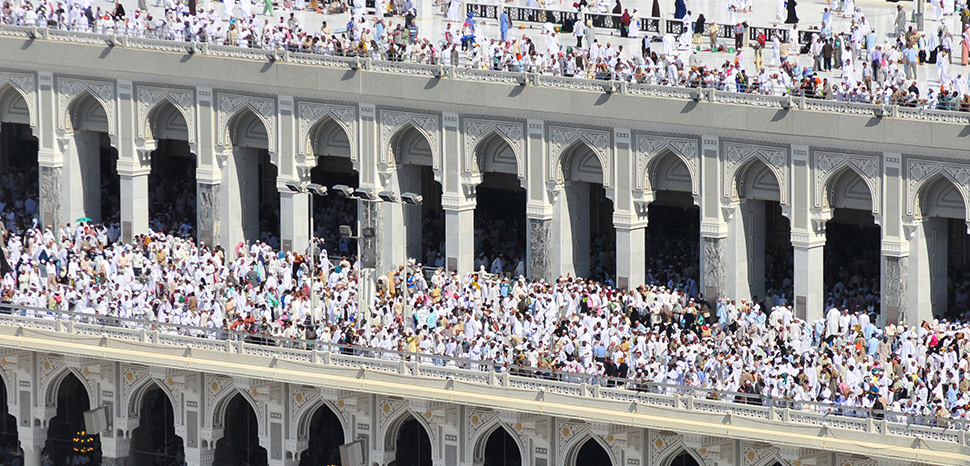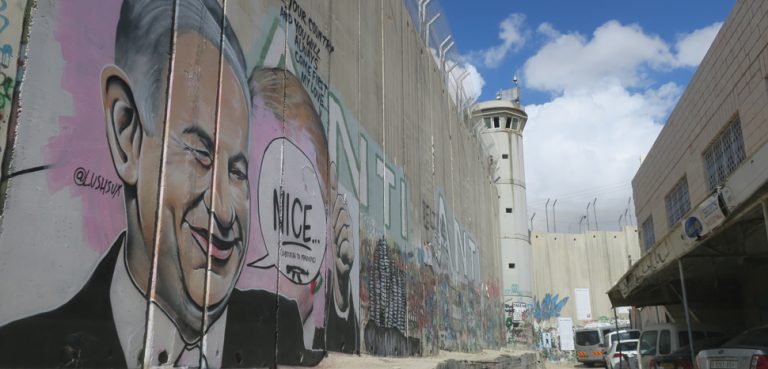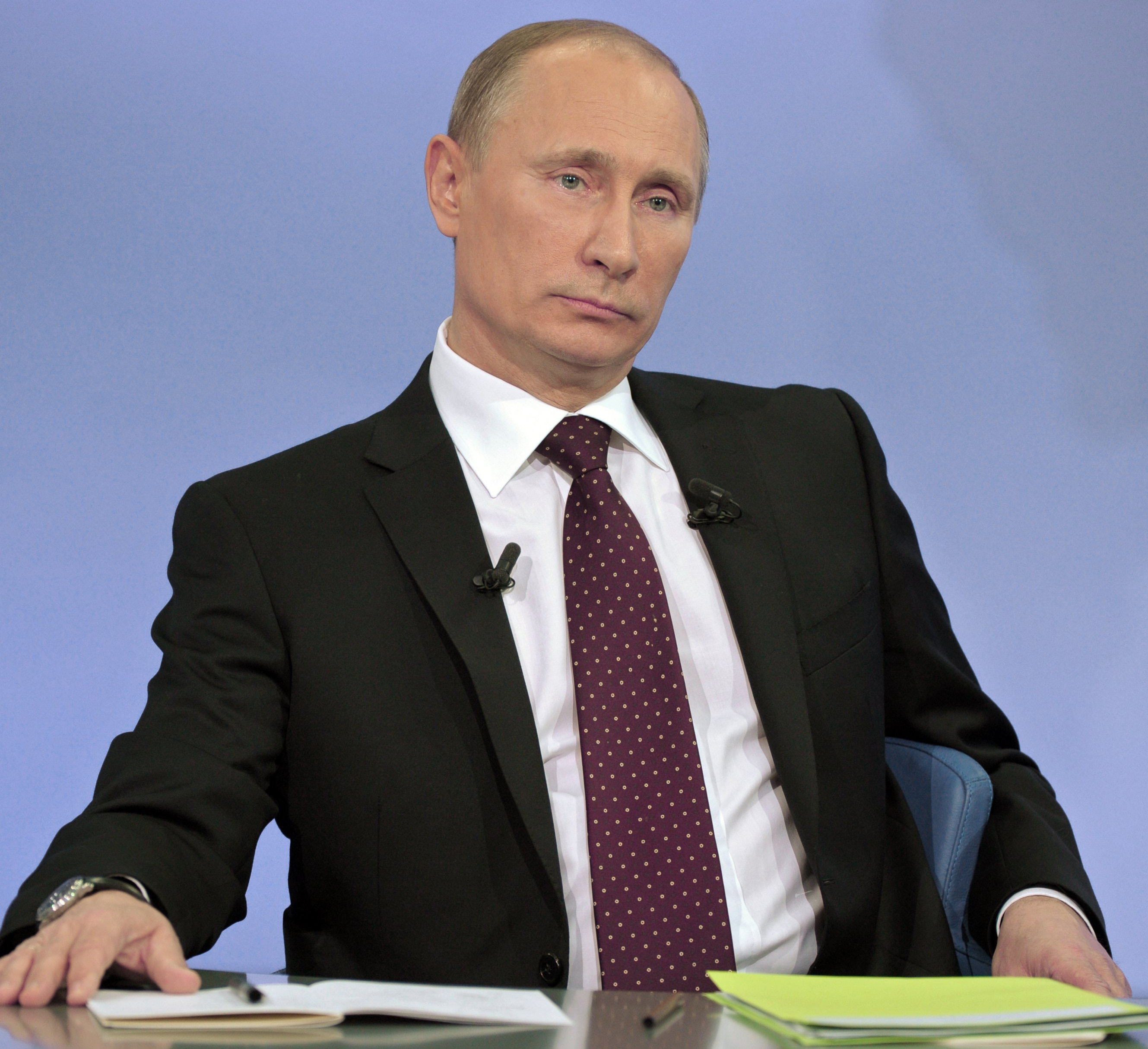Ever wondered why the Islamic world appears divided on the issue of Palestine? To unravel this intricate dilemma, I’ve integrated three levels of foreign policy analysis with the constructivist perspective of international relations. The three levels involve examining internal factors such as political structures, leadership dynamics, and public sentiment, providing insights into how these elements shape a nation’s approach to foreign policy. Additionally, considering societal factors like cultural norms, historical narratives, and shared identities helps illuminate the broader societal influence on views about Palestine within the Islamic world. Exploring the regional level, including geopolitical landscapes and power dynamics, sheds light on how interactions between nations impact foreign policy decisions related to Palestine. Integrating these three levels with the constructivist perspective, which emphasizes the role of ideas, identities, and norms, allows for a more holistic understanding. This approach helps move beyond simplistic observations to appreciate the nuanced interplay of domestic considerations, societal norms, and regional dynamics that collectively shape the diverse responses of Islamic nations to the Palestinian question, providing a comprehensive view of the complex forces at play in international relations.
When scrutinizing the foreign policies of Islamic nations concerning Palestine, a clear divergence emerges. Some nations passionately champion Palestinian rights and statehood, while others maintain a more reserved stance. To understand this, I delve into the domestic level of analysis, where the internal dynamics of each Islamic state shape their foreign policy. Consider Turkey, a noteworthy supporter of Palestinian rights. President Recep Tayyip Erdoğan consistently denounces Israeli actions and advocates for a two-state solution, aligning with the domestic level of analysis. Turkey’s political leadership historically shapes its foreign policy by drawing on a blend of Islamic identity, historical ties, and public sentiment. This strong advocacy for Palestinian rights is underscored by Turkey’s emphasis on Islamic identity. President Erdoğan frames Turkey’s position as a moral obligation rooted in Islamic principles, emphasizing the defense of fellow Muslims. The predominantly Muslim public sentiment in Turkey strongly aligns with the Palestinian cause, evident in mass protests and demonstrations against Israeli actions. This highlights how public opinion significantly influences Turkey’s foreign policy decisions.
On the flip side, Saudi Arabia takes a more careful and calculated approach. Even though they say they support the Palestinians, the Saudi government actually has diplomatic ties with Israel, especially when it comes to regional security. This practical approach makes sense when you look at what’s going on internally. Leaders in Saudi Arabia have to juggle the demand for Palestinian support with the real-world complexities of the region. The evidence for this lies within the Kingdom’s diplomatic relations. Despite publicly supporting Palestine, Saudi Arabia has engaged in talks with Israel on regional security matters. This kind of diplomatic engagement wouldn’t happen unless there was a careful balancing act going on behind the scenes.
Iran’s foreign policy on Palestine is deeply intertwined with both geopolitical ambitions and religious solidarity. Iran strongly supports the Palestinian cause, providing both material and political backing to groups like Hamas. At the domestic level, Iranian public sentiment, which has historically favored the Palestinian cause, significantly shapes the country’s foreign policy. This sentiment plays a crucial role in determining the government’s stance, allowing it to foster religious solidarity and highlight its dedication to a broader Islamic cause, deflecting attention from domestic challenges. On the domestic political front, Iranian leaders, including the Supreme Leader and the President, align their foreign policy with revolutionary ideologies. The narrative of resistance against Israel becomes a cornerstone of Iranian identity, influencing the country’s foreign policy. This domestic political stance, rooted in revolutionary principles, reinforces Iran’s unwavering support for Palestine, a critical factor in shaping the country’s international stance. Iran’s alignment with the Palestinian cause serves its domestic interests. Substantial financial and military support to groups like Hamas, actively involved in the Palestinian resistance against Israel, lends evidence to this claim. Additionally, Iranian leaders consistently underscore the duty of standing against Israel as a religious obligation, fostering a sense of religious solidarity among the Iranian population. This narrative strategically diverts attention from domestic challenges, portraying Iran as a champion of a broader Islamic cause and consolidating public support.
Moving to the societal level, Turkey’s foreign policy is deeply influenced by a strong sense of Muslim solidarity, emphasizing shared Islamic values and a historical connection to the Ottoman Empire’s regional influence. President Recep Tayyip Erdoğan’s statements consistently highlight Turkey’s commitment to the Palestinian cause as a moral obligation rooted in Islamic principles, reinforcing the constructivist understanding of its role in the Islamic world. Building on this constructivist perspective, Alexander Wendt, a prominent constructivist scholar, argues that state behavior is shaped by shared ideas and identities. In the case of Turkey, the shared Islamic values and historical narratives contribute to a collective identity that guides its foreign policy choices. Erdoğan’s rhetoric aligns with this constructivist approach, as he frames Turkey’s support for Palestine as not just a political stance but a reflection of its identity and historical ties. In a similar vein, Saudi Arabia’s constructivist perspective is rooted in its custodianship of Islam’s two holiest sites. Leaders such as King Salman and Crown Prince Mohammed bin Salman express a commitment to Islamic unity, emphasizing a constructivist lens that shapes their approach to the Palestine issue. Wendt’s constructivist theory reinforces the idea that the Saudi commitment to Islamic unity, intertwined with regional dynamics, goes beyond a mere political strategy, becoming a part of its collective identity. Iran’s constructivist viewpoint, shaped by its revolutionary ideology and the concept of an Islamic Republic, is strengthened when considering the statements of its leaders, including Supreme Leader Ayatollah Ali Khamenei and President Ebrahim Raisi. Their emphasis on the religious duty of resistance against Israel aligns with the constructivist narrative. Wendt’s theory further supports the notion that Iran’s foreign policy is not solely driven by geopolitical considerations but is deeply embedded in its identity and revolutionary ideals.
On the regional stage, the constructivist lens gains further depth when examined through Alexander Wendt’s perspective. While Turkey, Saudi Arabia, and Iran’s foreign policies appear driven by geopolitical considerations, the constructivist framework highlights the importance of shared beliefs and identities in shaping state behavior. In Turkey, President Recep Tayyip Erdoğan’s statements position the country not only as a geopolitical player but as a leader in the Muslim world through championing Palestinian rights. Wendt’s constructivist argument emphasizes that anarchy is what states make of it, and in this case, Turkey actively shapes its regional role based on its Islamic identity and historical ties. Erdoğan’s vision aligns with Turkey’s historical role and influence, emphasizing a geopolitical dimension intertwined with a constructivist understanding of its leadership status in the Muslim world. Saudi Arabia’s realist perspective, as evidenced by statements from Crown Prince Mohammed bin Salman, acknowledges the strategic alliances and partnerships in the region. However, applying Wendt’s constructivist framework adds another layer. Saudi Arabia’s custodianship of Islam’s two holiest sites isn’t just a geopolitical consideration but a constructivist one, deeply rooted in religious identity. The pragmatic nature of Saudi foreign policy is, in part, a response to regional geopolitical realities, but it’s also shaped by a constructivist understanding of Islamic unity. In Iran, Supreme Leader Ayatollah Ali Khamenei and President Ebrahim Raisi’s statements framing Iran’s involvement in the conflict as part of a broader geopolitical strategy align with the constructivist lens. Wendt’s argument that identities and ideas matter in international relations is evident here. Iran isn’t solely responding to an anarchic international system; it actively constructs its role based on a revolutionary ideology and a commitment to a broader Islamic cause.
Bringing these three levels of analysis together from a constructivist lens, I find that the Islamic world’s dilemma on Palestine is a result of multifaceted influences. It’s not a simple case of unanimous agreement or disagreement. Rather, it’s a dynamic interplay of domestic considerations, societal norms, and regional dynamics that shape the responses of Islamic nations to the Palestinian question. Thus, an understanding of why the Islamic world appears divided on Palestine requires us to go beyond surface-level observations. By integrating the three levels of analysis and embracing the constructivist perspective, we can gain insights into the intricate web of factors influencing foreign policy decisions. This journey through the complexities of the Islamic world’s dilemma invites us to appreciate the nuanced nature of international relations and the diverse forces shaping geopolitical realities.




